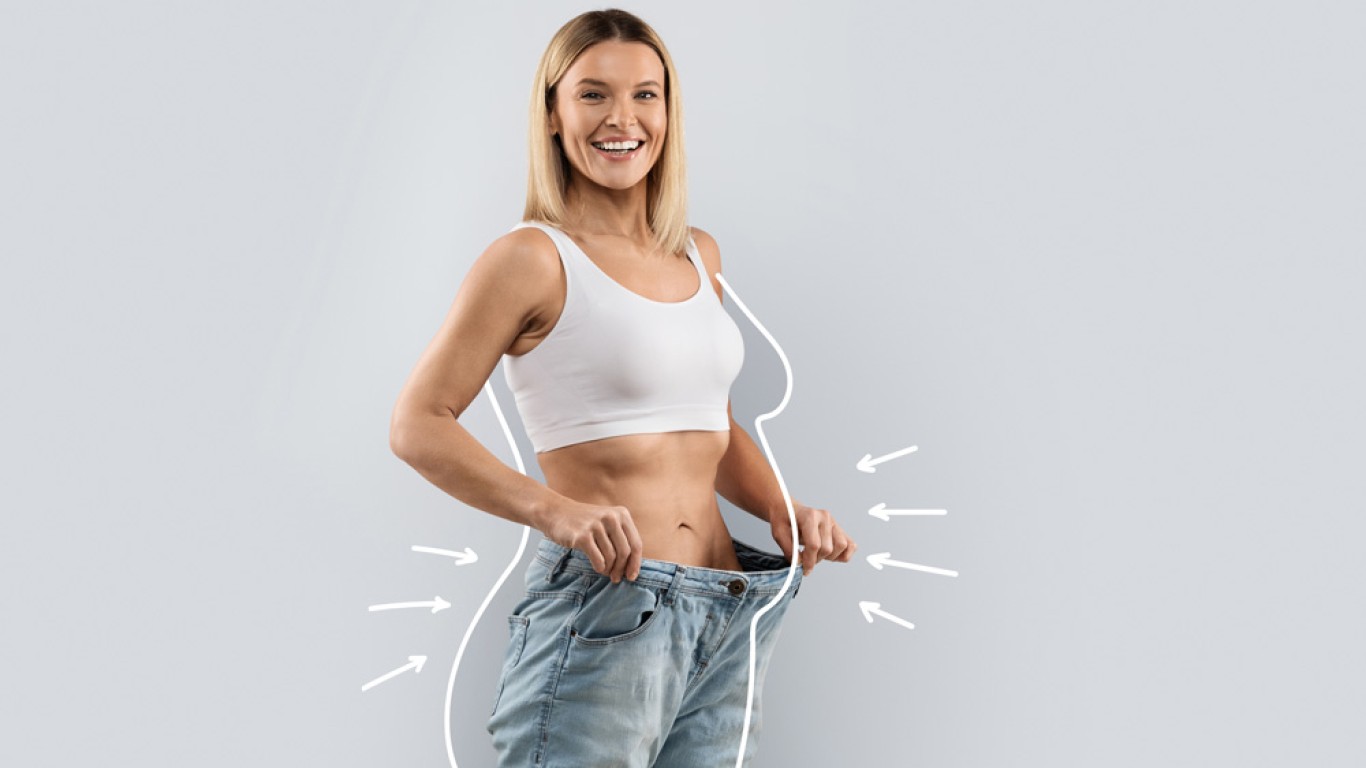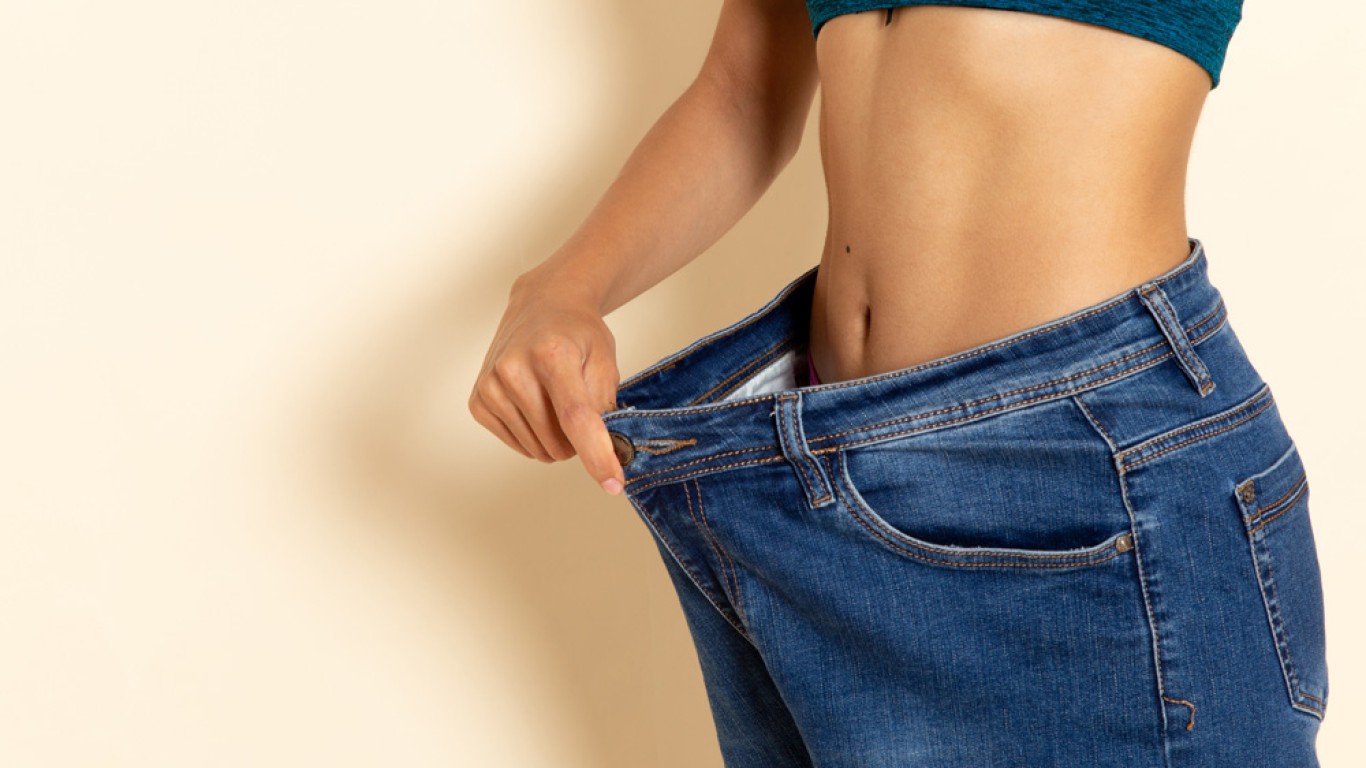Introduction
Weight loss surgery transforms your life but diet shapes your success. After any bariatric procedure, food choices become key. Your body heals better, energy returns faster and weight stays off with the right nutrition. That’s why understanding the best diet for weight loss after surgery matters so much. This article walks you through what to eat, when to eat and why it matters. Whether you’ve had a gastric sleeve, bypass or balloon, each phase builds upon the last. A well-planned diet not only speeds healing but also protects your results long-term. Let’s look at the core guidelines that define success.
Best diet for weight loss: The liquid diet phase
In the first week or two after surgery, your diet will consist entirely of liquids. This stage allows your stomach or digestive system to rest and recover.
Your surgeon will likely advise clear liquids first broths, water, herbal teas and electrolyte drinks. Eventually, thicker liquids like protein shakes and smooth soups are introduced. These should be low in sugar and high in protein.
Avoid carbonated drinks, caffeine and anything with added sugar. Even healthy juices can irritate your healing stomach. This stage usually lasts 7–14 days but may vary depending on your procedure.
Best diet for weight loss: Moving to pureed foods
Once cleared by your team, you’ll start eating soft, blended foods. This helps your digestive system adapt.
During this stage, eat small portions every few hours. Choose high-protein options like pureed chicken, soft scrambled eggs or mashed beans. Unsweetened yoghurt and soft vegetables may also be included.
Avoid spicy foods, added fats and raw vegetables. Chew thoroughly, even soft items, to reduce pressure on your stomach.
Continue sipping water between meals, but not during meals, to avoid overfilling your stomach pouch.
Best diet for weight loss: Introducing soft solid foods
Next, you’ll gradually reintroduce soft solid foods into your daily meals. This usually occurs around week four.
Foods should still be moist, well-cooked and easy to chew. Think steamed fish, cottage cheese, ripe bananas and cooked cereals. Avoid red meat, crusty bread and fibrous vegetables at this point.
This stage helps your body get used to normal eating again without causing discomfort. Keep meals small and frequent, about six per day.
Furthermore, focus on your protein intake. Protein promotes healing and helps you retain muscle while losing fat.

Transitioning to a long-term diet
Eventually, you’ll move to a long-term maintenance diet. This is where lifelong habits begin.
This stage includes lean meats, fresh vegetables, whole grains and low-fat dairy. You can begin eating more raw items but must chew thoroughly. Also, watch portion sizes and calorie intake carefully.
Sugary snacks, processed foods and high-fat meals should be avoided. These slow weight loss and may trigger dumping syndrome, particularly after gastric bypass.
Additionally, continue to take vitamins and supplements daily, as advised by your surgical team. Nutrient absorption may remain limited, especially after bypass procedures.
What the best diet for weight loss like day-to-day
The best diet for weight loss surgery patients typically includes lean protein, non-starchy vegetables and minimal added sugar.
A sample daily plan might look like this:
Breakfast: Egg whites with spinach
Snack: Low-fat yoghurt
Lunch: Grilled chicken with steamed broccoli
Snack: Protein shake
Dinner: Baked salmon with green beans
Snack: Apple slices with almond butter
Drink at least 1.5 litres of water daily, but not with meals. Avoid grazing, mindless snacking and emotional eating.
Moreover, listen to hunger cues. Eat slowly and stop when full.
Key nutrients to focus on for the best diet for weight loss
After surgery, your body absorbs fewer nutrients. Therefore, prioritising the right foods is critical.
Protein is the most important macronutrient. Aim for 60–80 grams daily, depending on your surgeon’s advice. It supports tissue repair, boosts metabolism and protects muscle.
Iron, calcium, vitamin B12 and vitamin D are also essential. These are often harder to absorb post-surgery. Include fortified foods or supplements to avoid deficiencies.
Additionally, fibre supports digestion and prevents constipation. However, introduce it gradually to avoid discomfort.
Foods to avoid after weight loss surgery
Some foods may cause discomfort, slow weight loss or increase complication risks.
Avoid:
- Fried foods
- High-sugar items (cakes, soft drinks)
- White bread and pasta
- Fatty meats
- Carbonated drinks
- Alcohol (especially in the early months)
These items either lack nutritional value or may cause nausea, bloating or dumping syndrome. Additionally, alcohol affects you more quickly after surgery, increasing its risks.
Why diet matters more than ever
Surgery changes your anatomy, but diet changes your future.
The best diet for weight loss doesn’t stop when the weight drops. Long-term success depends on habits built day by day. Your stomach may be smaller, but your choices still determine your energy, appearance and health.
Moreover, consistent nutrition reduces your risk of weight gain, deficiencies and complications. That’s why many clinics include dietitians in their post-op care teams.
Staying consistent and motivated
Adjusting to a new way of eating takes effort. However, it gets easier with routine and support.
Track meals to stay mindful. Use apps, journals or photos to reflect on your progress. Plan ahead to avoid rushed decisions or fast-food temptations.
Additionally, surround yourself with supportive people, either online or in person. Join bariatric groups to share recipes and tips.
Conclusion
The best diet for weight loss after surgery is about more than eating less. It’s a structured journey, starting with liquids and building toward sustainable, nutritious eating. With the right guidance, you’ll protect your investment, boost your health and enjoy long-term results.
Every stage, from recovery to maintenance, plays a role in shaping your success. Stay consistent, listen to your body and follow medical advice closely. The results will speak for themselves.
For more information and to book a consultation visit the ACIBADEM Beauty Center Obesity Surgery page.
Frequently Asked Questions
Most people begin soft solids 4–6 weeks after surgery but this varies.
Initially, focus on protein and portion size. Later, calorie awareness helps maintain results.
Drinking with meals can stretch your stomach and flush food out too quickly, reducing satisfaction.
Small amounts may be tolerated later, but sugary foods can lead to weight regain or dumping syndrome.
You may experience nausea, vomiting or stomach pain. Follow your diet plan to minimise these issues.













